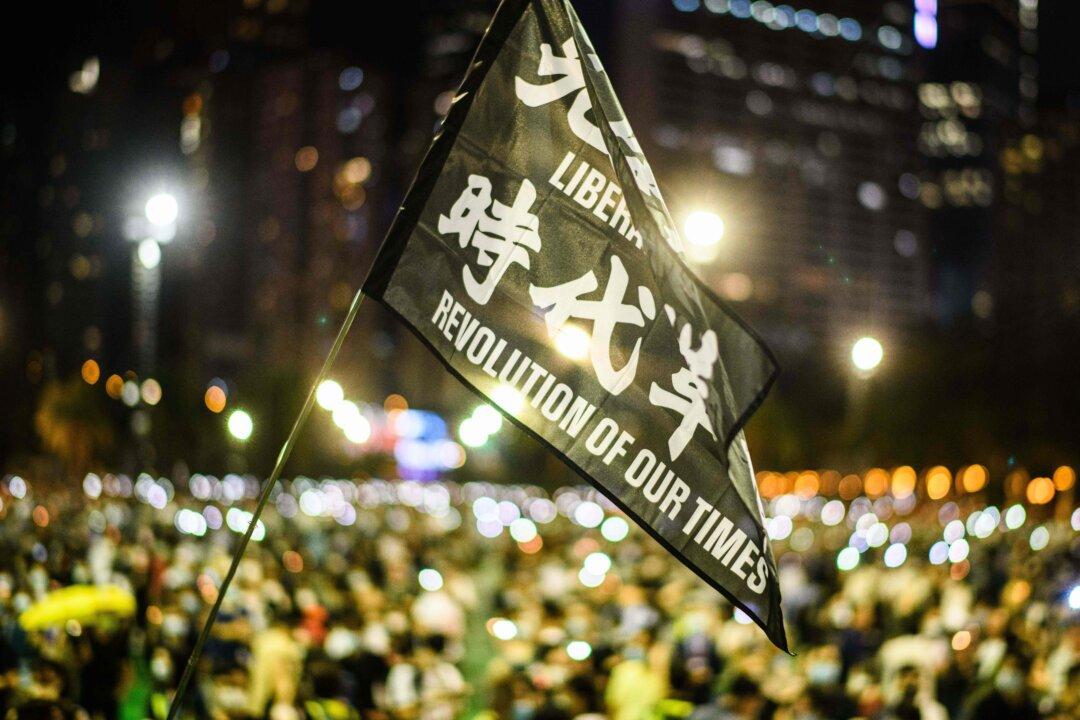Since Hong Kong, formerly a British colony, reverted to Chinese rule in 1997, Hongkongers have feared that the regime would one day take away their cherished freedoms.
That fear culminated in the 2015 dystopian film “Ten Years,” which imagined a grim future for the decade ahead, with the Chinese Communist Party (CCP) hiring triads to stage an assassination plot that would fuel panic and provide a pretext for the regime to issue a “national security” law.





